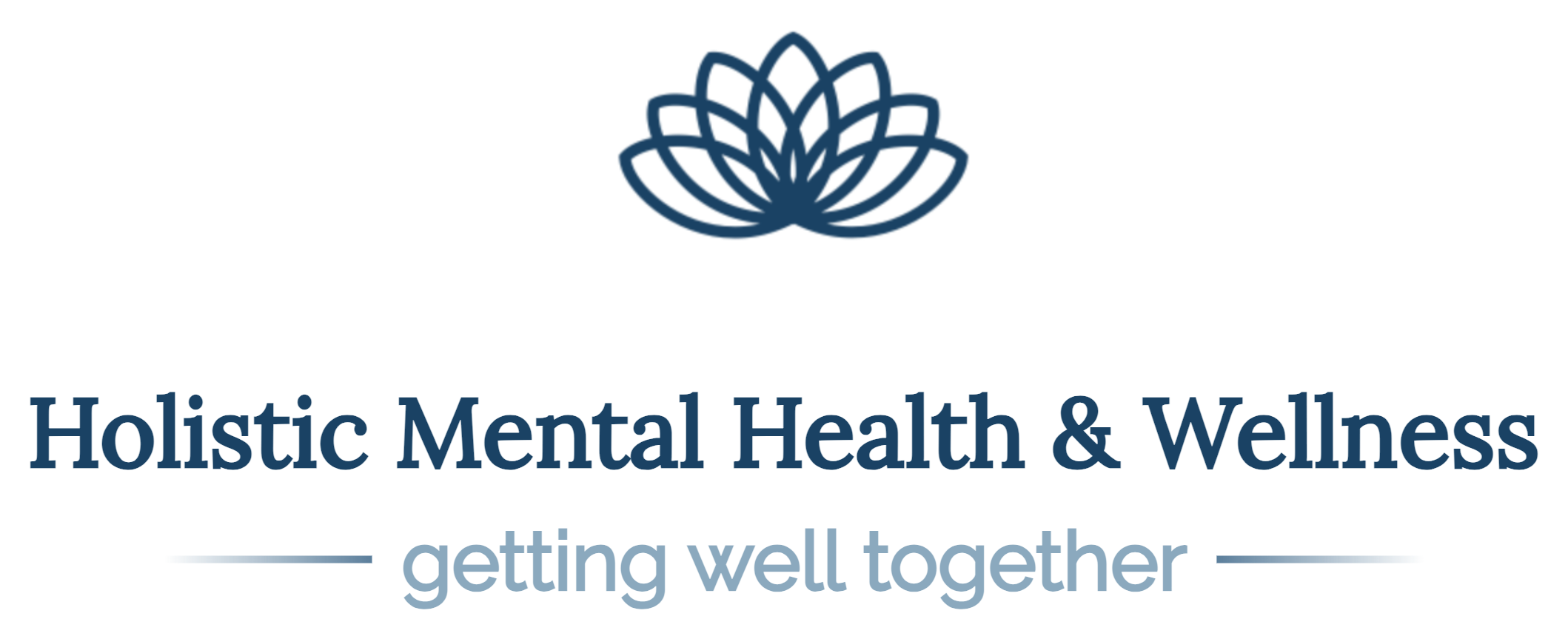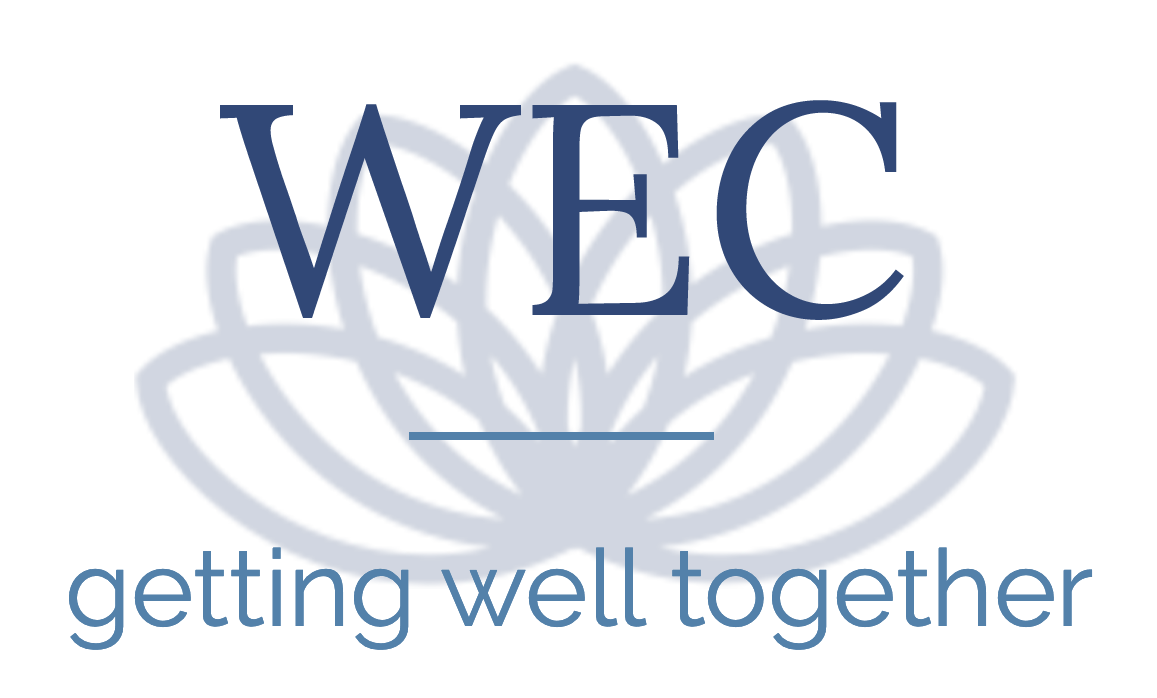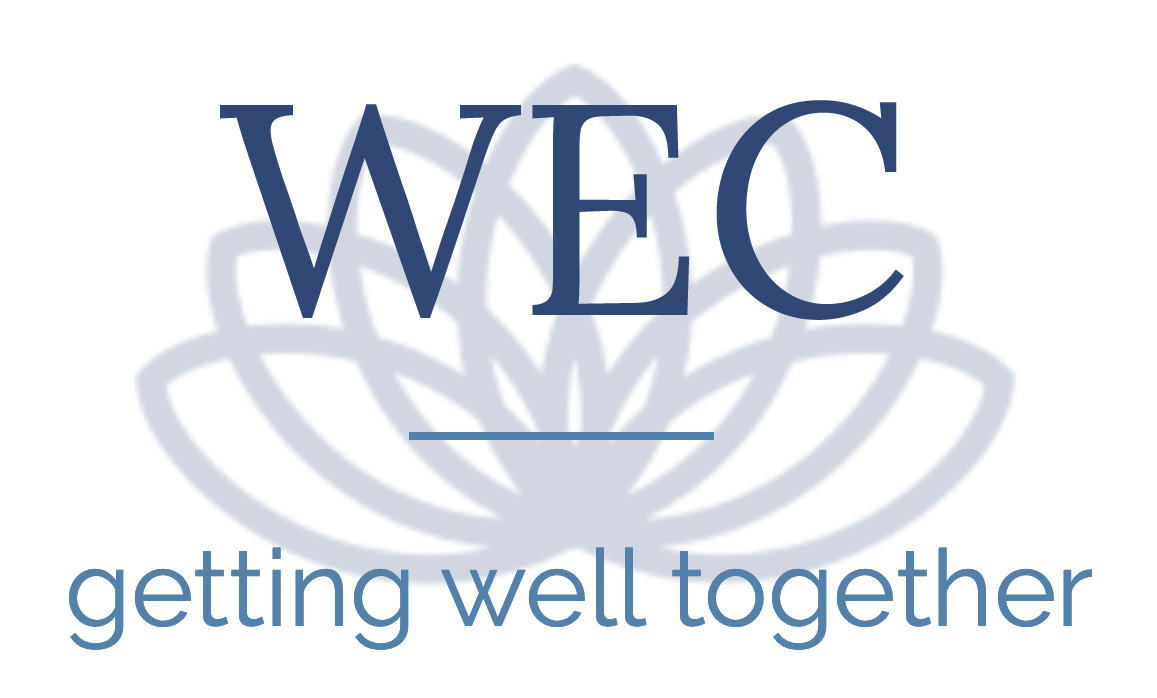Changing Our Mindset in the New Year

Every year, we feel that all too familiar stress that creeps up when December hits those final days. Soon, your social media will be full of positive posts about everything they are looking forward to in 2025 and all the things they are proud of themselves for doing in 2024.
Now, don’t get me wrong, as a mental health provider, I understand it can be beneficial to praise yourself for your accomplishments and to identify areas you’d like to grow. I mention this because it’s easy for humans to compare themselves to other humans, and social media has made it so much easier to do that. We have instant access to the accomplishments and perceived “perfection” of those around us, even those miles and miles away from us.
It can be scary to feel like you’re the only one without the perfect job/home/family etc. We can find ourselves slipping into this cycle of stress surrounding new goals, and pressures associated with timelines set on previous ones.
Often, the goals we set are large and rigid and don’t allow room for the flexibility a human being needs. When we don’t meet these goals, we can slip into guilt and regret which can lead to feelings of shame. When trying to reach a goal, shame is the weight that holds you down and self-compassion is the tool that lifts you back up.
Learning how to forgive yourself and approach your setbacks with empathy creates resiliency and room for future change.
Shifting our mindset from resolutions to continual self-improvement
To set goals and achieve them, we have to first understand how our brains function and what skills are needed to stay consistent. The prefrontal cortex (PFC) is responsible for decision-making, when it’s fully developed and healthy, it functions to prevent unhealthy behaviors. (Fun Fact: our brains aren’t fully developed until age 25 for women and age 28 for men!)
Imagine your PFC as a stop sign in your brain allowing you to pause and make controlled decisions. If our PFC is not fully developed yet or is not as active as it could be, it may be hard to simply “resist”unhealthy behaviors, especially if they are current habits. Worksheets with specific goals and timelines can help combat this.
Check out our blog “How To Create Goals & Achieve Them” to find helpful worksheets on goal setting!
Create positive-focused goals. If you find yourself disappointed, asking “why can’t I just do it”, practice self-compassion and remind yourself several different factors create barriers to goal achievement. The common mindset behind resolutions involves removing something, for example “I am going to stop eating fast food for dinner” instead of a goal centered around a positive outcome that can create a foundation for future self-improvements, for example “I am going to cook healthier meals at home”. Being able to cook meals at home prioritizes overall wellness and can still achieve the same goal of reducing fast food consumption.
Along with setting positive goals, we can also increase our likelihood of success by setting smaller more specific goals. For example, “I am going to cook a well-rounded meal for dinner 3times a week”. Shifting your mindset from resolutions to continual self-improvement allows you to create goals you can build upon that contribute to your overall wellness throughout your life.
It’s important to understand your strengths and current areas of improvement. If you don’t knowhow to cook, maybe you start with setting a goal to find 1 meal you are interested in making and focus on making that. Learning how to make 1 meal you like is one step towards being more confident and comfortable nourishing your body with foods made by you at home. Goals work best when they are specific to our interests and needs.
Here are some questions you can ask yourself when thinking about self-improvement goals:
- Is this goal truly important to me?
- Am I creating this goal because it lines up with my core values or am I setting this goal because of societal influences?
- Is this goal realistic?
- Is there room for flexibility or ways to break this goal into smaller pieces?
- How can I show myself compassion if a setback arises?
- What are my current strengths and how can these help me meet my goals?
Remind yourself that the new year is not a deadline! Rather, view it as a time to reflect on your strengths and an opportunity to continue discovering yourself.
Growth and self-improvement are lifelong and do not have to start/stop at the beginning of each year. We make choices everyday that impact our well-being, this means every day we have the opportunity to try again. Life is ever changing; this means you have the autonomy to decide the significance of January 1st.
Key takeaway: Set goals when you want to, reflect if you want to, and embrace self-discovery when YOU want to!
Getting Well Together!
Written by: Christina Labazzetta
*We invite you to view Christina’s availability & schedule an appointment online!*




